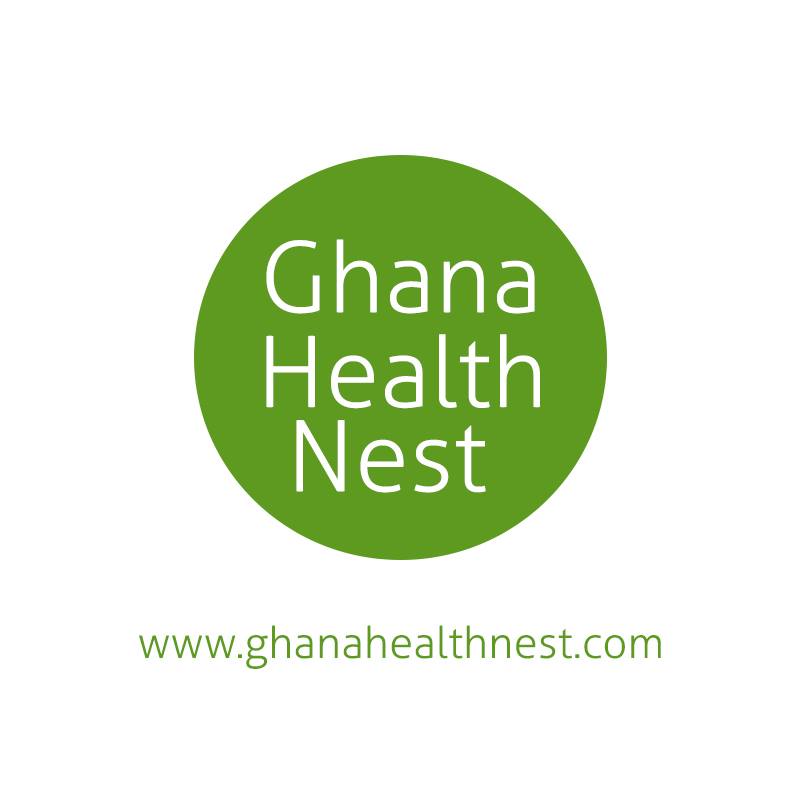The World Health Organization (WHO) has introduced two essential resources aimed at enhancing suicide prevention initiatives: the updated “Preventing Suicide: A Resource for Media Professionals” and a policy brief addressing the health aspects of decriminalizing suicide and suicide attempts.
Suicide remains a significant public health concern, claiming over 700,000 lives annually and ranking as the fourth leading cause of death among 15–29-year-olds. Its impact extends beyond individual tragedies, profoundly affecting families and entire communities.
The complex factors contributing to suicide include social, economic, cultural, and psychological challenges, often intertwined with the denial of basic human rights, limited access to resources, and stressful life events such as job loss, academic pressure, relationship breakdowns, and discrimination.
The global objective to reduce the suicide rate by one third by 2030 aligns with both the UN Sustainable Development Goals (SDGs) and the WHO Global Mental Health Action Plan. Urgent action is crucial to meet this goal, prompting countries to commit to tangible measures.
Dévora Kestel, Director of Mental Health and Substance Use at the World Health Organization, emphasized the importance of these WHO resources: “Each death by suicide is a tragedy, and more must be done to strengthen suicide prevention. The resources launched today offer crucial guidance on decriminalization and responsible reporting.”
Decriminalizing suicide and suicide attempts is a priority. Currently, laws in 23 countries criminalize these acts, perpetuating blame and stigma and deterring individuals from seeking help. The WHO policy brief recommends strategies for policymakers, including developing national suicide prevention plans and establishing community-based mental health services.
Nathalie Drew Bold, WHO Technical Officer, highlighted that decriminalization supports individuals in seeking help, reduces stigma, improves data collection, and facilitates awareness and advocacy for suicide prevention.
The updated resource for media professionals stresses responsible reporting, emphasizing the impact of media coverage on suicide. Dr. Alexandra Fleischmann from WHO emphasized the need for accurate, empathetic reporting to minimize imitative behaviors and encourage help-seeking.
Evidence suggests that media reports can influence vulnerable individuals, potentially increasing imitative behaviors. Therefore, the resource provides guidance on accurate and appropriate reporting, focusing on survival, resilience, and mental well-being stories to positively contribute to suicide prevention.
Download the resources here: Prevention of suicide resource for media personel, and policy brief on the health aspects of decriminalization of suicide and suicide attempts.










